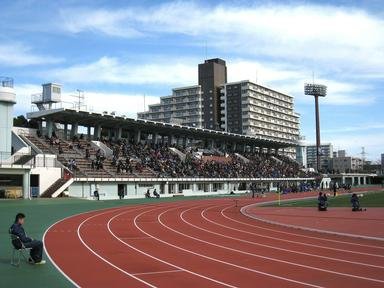
I'll Come Running Trivia Quiz
Famous track athletes
Be it near or be it far or somewhere in between, these men all came running and ended up as great champions in their respective events. Place each athlete in the correct event.
A classification quiz
by KayceeKool.
Estimated time: 3 mins.